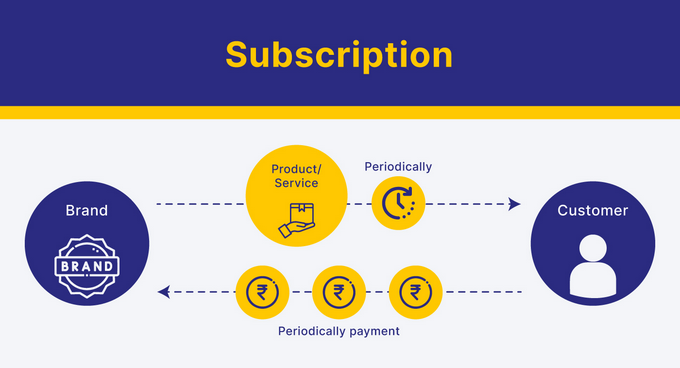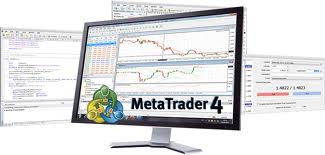Forex signals are generated by algorithms or expert analysts and identify potential trades based on anticipated market movements of specific currency pairs.
All levels of Forex trader, from newbies to professionals can benefit from following the recommendations of Forex signals providers as an accompaniment and alignment to their own core trading system or strategy. Unfortunately with Forex signals providers, not all that glitters is gold and Forex traders need to distinguish between:
- Genuine Forex signals providers who offer authentic and actionable insights.
- Misleading signals providers who, driven by ulterior motives, deliberately lead traders astray with inaccurate or biased signals.
Understanding the nuances of Forex signals and choosing the right providers is critical to profitable trading. In this article written by us here at Axcess FX, we will provide 10 key considerations for evaluating the credibility and reliability of Forex signals providers.
After reading this short article you will know exactly what to look for before selecting a reputable Forex signals provider.
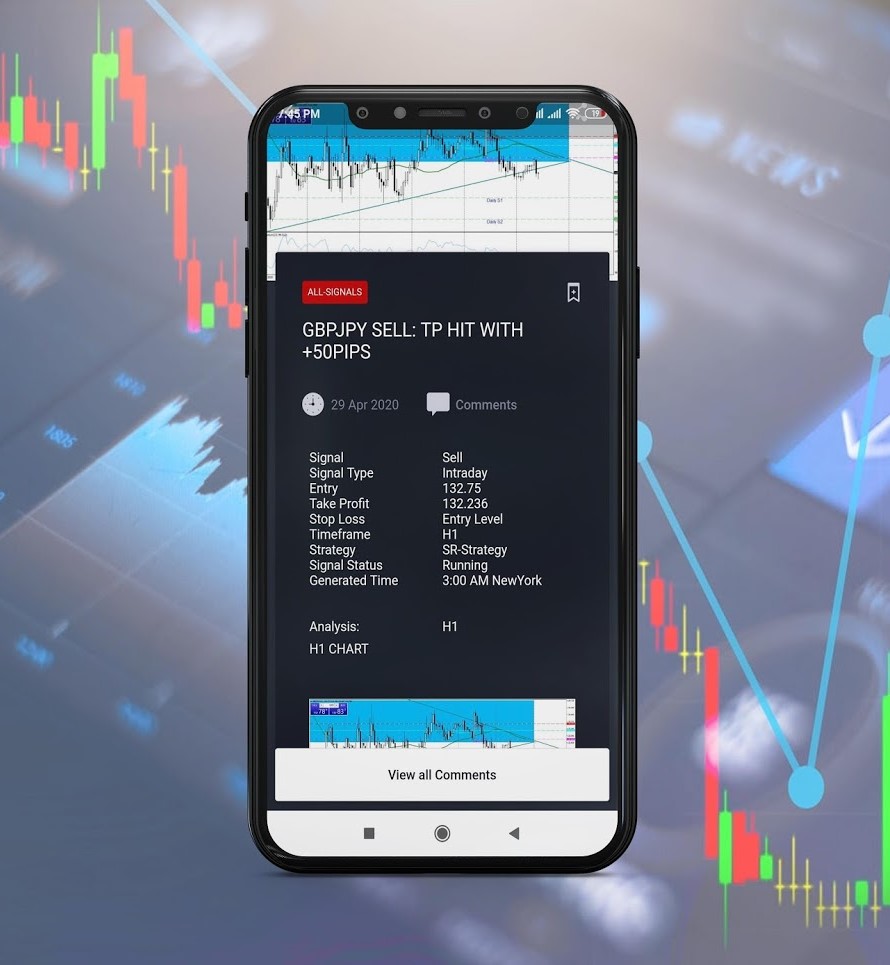
1. Transparency and Openness
In Forex trading, transparency and openness are cornerstones of the Forex market. For Forex traders who want to use signals providers to assist them navigate such a volatile market, complete trust is non-negotiable. Full trust is cultivated in two ways:
- Providers must be forthright about their strategies and methodologies. It means they should provide an insight into algorithms, data sources, and expert opinions that they use to identify trading signals.
- Signals providers must offer comprehensive details concerning their trading approaches, paramount of which is the risk management techniques employed and a transparent account of the historical performance of their trading signals. Such transparency ensures traders can make informed decisions on whether to use a signals service.
2. Track Record and Past Performance
A signal provider’s past performance often sheds light on their expertise. When evaluating a Forex signals provider, it is critical to view past performance not just as data but as a testament to the provider’s expertise and reliability. A consistent history of accurate signals can be a strong indicator of future success.
Where can you view performance? Past performance should be clearly visible on the Forex signals provider website or social media platform. Furthermore, a robust signals provider will also evidence past performance on a reputable monitoring platform like MyFXbook or FX Blue.
In sum, prioritize providers who demonstrate consistency and a solid track record over a significant period. This long-term reliability often separates genuine providers from the fleeting ones. Examples of well established signals providers include VIP Indicators, Wolfx Signals and 1000pipBuilder.com.

3. Alignment with Personal Trading Style
Every Forex trader will have a different perspective on the Forex market and corresponding strategy. As we mentioned in our introduction, a Forex signals provider service should be an accompaniment to an existing trading system. It is crucial therefore to:
- Seek Forex signals that align closely with your individual style and goals as a trader. For example, a day trader and a long-term trader will likely require different kinds of Forex signals.
- You must recognize and honor your own risk tolerances and strategy when using a signals service. A good Forex signals service that follows a coherent strategy should fit into a trader’s broader trading system, not disrupt it.
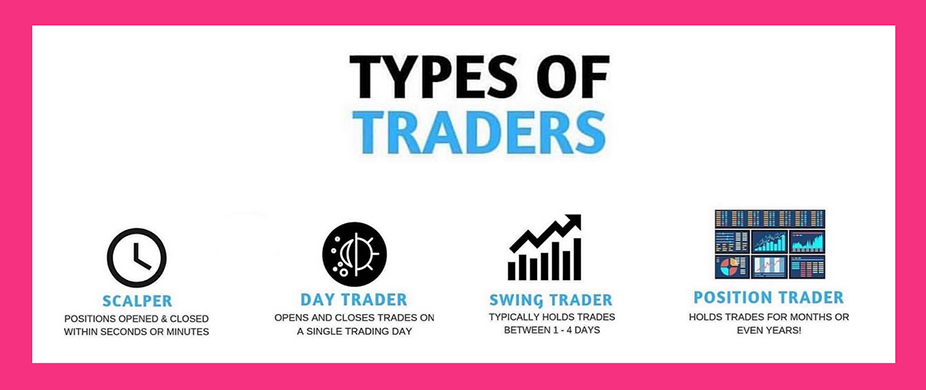
4. Risk Management
The seductive allure of signals might lead to an over-dependence, sidelining your own judgment. This can be perilous, as traders might end up making decisions that clash with their personal strategies. Risk management is therefore central to any Forex trading system and as a trader, you must ensure any Forex signals service correctly aligns to the trading controls used in your system.
If you understand that even the most reliable signals service can sometimes falter, then by setting stop-loss orders and trading the appropriate size according to your system just as if it was your own trade and not coming from a signals provider, will help ensure your capital remains protected.

5. Myths and Misconceptions
In the age of the internet, online trading and misinformation is a persistent problem throughout the FX market. Forex traders must:
- Actively debunk any widespread myths about Forex signals, particularly the notion that Forex signals guarantee profits.
- Whenever identified, traders should always address and rectify any unrealistic claims and promises that some providers might peddle, to ensure other traders do not fall victim to false promises or scams.
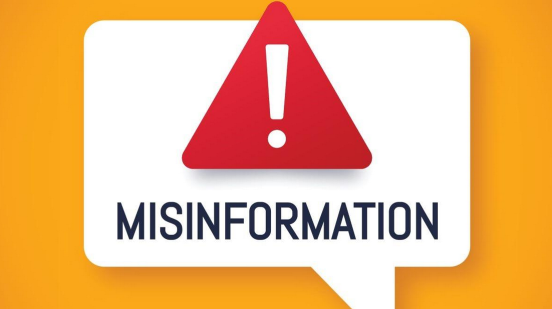
6. Customer Support and Responsiveness
For any signals service, the quality of customer support is an important indicator of the overall reliability of the signals provider. When evaluating Forex signals providers you should pay attention to two areas.
Firstly, undertake light tests and assess the availability and responsiveness of their customer service team. Can they be reached easily by email, chat or telephone for queries or concerns?
Secondly, if you are able to get a response, what is the quality of the assistance provided. Is the customer support team knowledgeable about the signals service and willing to help, or do they provide generic or unhelpful responses?
7. Cost and Subscription Models
While the cost should never be the single determining factor in signing up to a signals service it is one more factor in a broader part of doing your due-diligence.
When looking at the price during your research, try and evaluate the value for money offered by the signals service. Are the signals fairly priced for the:
- Number of daily or monthly signals provided
- Quality and reliability of the FX signals offered
Try and also understand the subscription models available:
- Do they offer decent flexibility with monthly, quarterly, or annual plans?
- Can you identify any hidden charges that are not immediately obvious, such as in the small print of the terms and conditions?
8. Technology and Platform Integration
The technological basis of a signal provider is crucial. You must assess the usability and reliability of the platform or app used to deliver signals.
Is it user-friendly like the popular Telegram app? Does it integrate well with popular trading platforms like MT4 and MT5?
How about the technological features the signals provider offers? Are there real-time updates, notifications, and automation capabilities?
9. User Reviews and Community Feedback
The experience of fellow Forex traders can offer invaluable insights into a Forex signals service. Importantly, seek out user reviews and testimonials to gauge the general sentiment towards the provider. On balance are most users satisfied with the service? A well respected Forex review site is Forex Peace Army (FPA), as they are very careful to allow the publication of genuine views of a service.
Engaging with FX trading communities and forums to gather feedback and personal experiences related to the signal provider is another strong indicator on the signals service.
10. Educational Resources
A Forex signal provider that actively attempts to educate its users often stands out as more credible.
Always check if the signals service offers educational resources such as webinars, articles, tutorials, or online courses; it shows their commitment to helping traders grow and succeed.
Evaluate the quality and relevance of these educational resources. Are they updated regularly? Do they offer actionable insights? Consider educational resources just as important as other key considerations before making an informed decision when choosing a Forex signal provider.
Conclusion
In this article, we have identified the key considerations when choosing a Forex signals service to partner with as part of your wider trading system. There is good reason to initially approach any signals service with both diligence and caution.
Two crucial points to take-away from our article as part of your mindset on signals services are firstly, to always think about the transparency of the signals service, their track record, and the emphasis on risk management techniques. Secondly, never forget that FX signals offer valuable insights, but must complement and not replace your own research and understanding.
Related resources
- What is copy trading and how does in differ from traditional Forex trading methods?
- The best Forex signals providers
- A Review Of The 1000PipBuilder Forex Signals Provider
- How Do Forex Robots Compare to Copy Trading and Forex Signal Services
FAQs
Why are free Forex signals often unreliable?
Free signals might not undergo the same rigorous analysis as paid ones. In some instances, a signals providers might not be incentivized to ensure accuracy, instead the free service may be used as bait to up-sell other services.
In Forex signals, what is the significance of the risk-reward ratio?
The risk-reward ratio is an important metric in evaluating the quality of a signal. It helps traders understand potential profit versus potential loss where a favorable risk-reward ratio can mitigate potential losses.
How can traders avoid becoming too dependent on signals?
Forex traders can avoid becoming too dependent on a signals service by:
- Always conducting personal research alongside using the Forex signals.
- Using the signals as a guide and not an absolute directive.
- Continuously educating themselves on market dynamics.
Why is it essential to combine both technical and fundamental analysis in trading?
Combining both technical and fundamental analysis when trading provides a more holistic view of the market, ensuring traders do not miss out on vital information. Each of these two disciplines offers a unique perspective with technical analysis looking at price patterns and fundamental analysis looking at economic factors.
Written by Chris Gillie

Chris Gillie is the founder of Axcess FX, a Forex software review and research website. He is a former investment banker who worked in FX Sales on the UBS London trading floor. Chris has been using Forex trading software as part of his trading set-up since the late 2000s and the embryonic days of MetaTrader and the MQL coding language.


